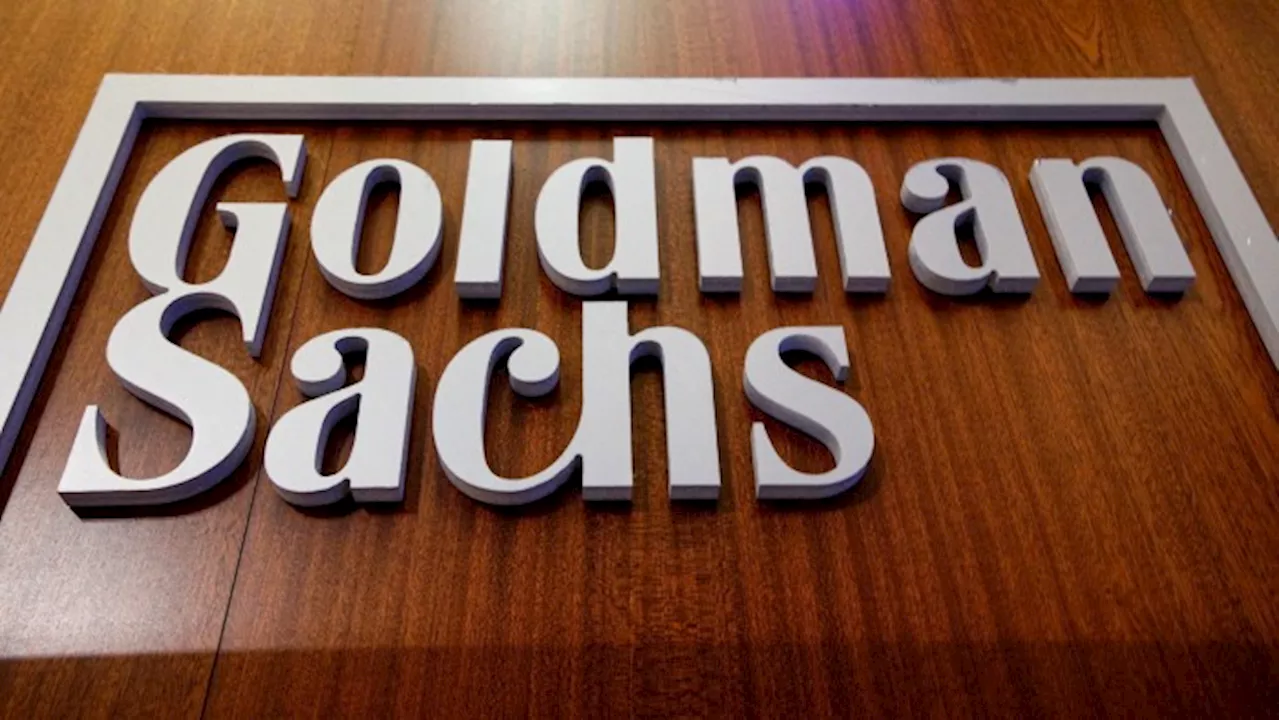Goldman Sachs has significantly reduced the minimum investment requirement for its new alumni-focused fund, the 1869 program, aimed at private market investments. The move aims to attract a wider pool of former partners, offering them access to Goldman's asset management expertise and potentially lucrative private market opportunities.
Goldman Sachs has significantly reduced the minimum investment requirement for its new alumni-focused vehicle, designed to channel funds into the bank's private market funds. This initiative, dubbed the 1869 program, echoes a similar fund launched in 2022 and takes its name from the year Goldman Sachs was founded. The latest 1869 program, like its predecessor, operates as a fund of funds, strategically investing across various private market vehicles managed by Goldman Sachs Asset Management .
Notably, the bank has lowered the investment threshold from $250,000 to $25,000, making it more accessible to a broader pool of former partners. Sources familiar with the matter indicate that over half of former Goldman partners participated in the original 1869 fund, raising approximately $1 billion.This new fund coincides with Goldman Sachs's intensified focus on the private investment industry, which has emerged as a dominant force on Wall Street. Former partners investing in the 1869 program will benefit from reduced fees, paying a 0.63% management fee and a 6.3% performance fee. This represents a 50% discount compared to the typical fees charged by Goldman Sachs for similar funds. The bank declined to comment on the matter. Goldman Sachs CEO David Solomon has strategically positioned the bank's asset management division as a cornerstone of his overall strategy. Investors highly value these businesses for their consistent recurring management fees, a stark contrast to the volatility inherent in Goldman Sachs's trading and investment banking divisions. Goldman Sachs Asset Management currently oversees $3.1 trillion in assets, with approximately $336 billion allocated to alternative investment funds, encompassing private equity, real estate, and secondary funds that acquire unwanted holdings from investors seeking liquidity. Goldman Sachs's share price has surged by about a third in the past six months, mirroring the upward trajectory of other Wall Street giants following Donald Trump's re-election. This surge is attributed to anticipation of a wave of deregulation and a resurgence in dealmaking. The 1869 program is part of Solomon's broader initiative to cultivate stronger ties with Goldman Sachs's extensive alumni network. Employees frequently transition from the bank to senior positions at clients like hedge funds or private equity firms, or enter government service. Some notable Goldman Sachs partner alumni include Gary Cohn, a former economic advisor to Trump, ex-Australian Prime Minister Malcolm Turnbull, and Jim Esposito, President at trading firm Citadel Securities. Although Goldman Sachs transitioned from a formal partnership structure after its public offering in 1999, it continues to select new partners every two years, and the title remains highly coveted on Wall Street due to its prestige and associated benefits. In November, the US bank inducted 95 new partners, the largest class since 2010
GOLDMAN SACHS INVESTMENTS PRIVATE MARKET ALUMNI ASSET MANAGEMENT WALL STREET
United Kingdom Latest News, United Kingdom Headlines
Similar News:You can also read news stories similar to this one that we have collected from other news sources.
 Goldman Sachs Geopolitical Risk Could Send Oil Prices Even HigherStrict sanctions enforcement on Iran could send Brent to nearly $90 per barrel Goldman Sachs.
Goldman Sachs Geopolitical Risk Could Send Oil Prices Even HigherStrict sanctions enforcement on Iran could send Brent to nearly $90 per barrel Goldman Sachs.
Read more »
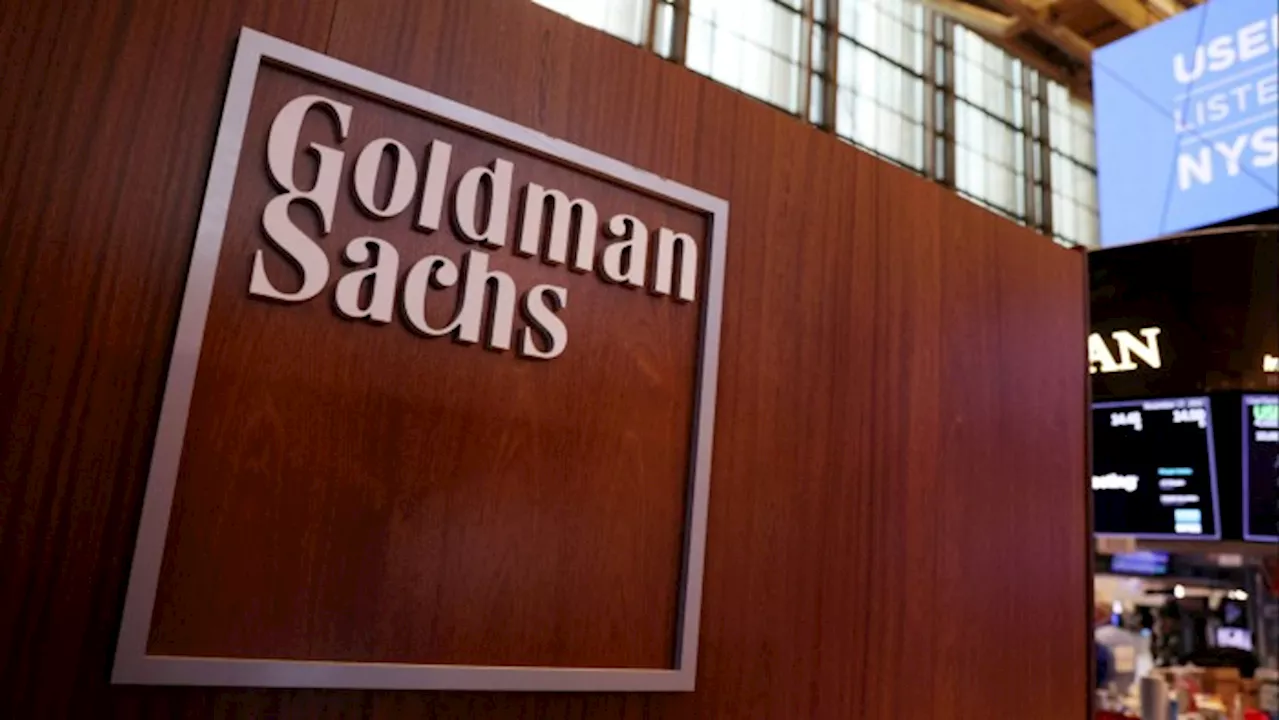 Goldman Sachs Reorganizes to Compete with Rising Asset ManagersAsset managers are challenging banks' traditional roles on Wall Street by directly supplying companies with capital. Goldman Sachs is responding by restructuring its investment banking and trading divisions, creating a 'capital solutions' group that connects investors with financing needs. This move reflects a broader trend among banks to adapt to the growing influence of asset managers like BlackRock, Blackstone, and Apollo.
Goldman Sachs Reorganizes to Compete with Rising Asset ManagersAsset managers are challenging banks' traditional roles on Wall Street by directly supplying companies with capital. Goldman Sachs is responding by restructuring its investment banking and trading divisions, creating a 'capital solutions' group that connects investors with financing needs. This move reflects a broader trend among banks to adapt to the growing influence of asset managers like BlackRock, Blackstone, and Apollo.
Read more »
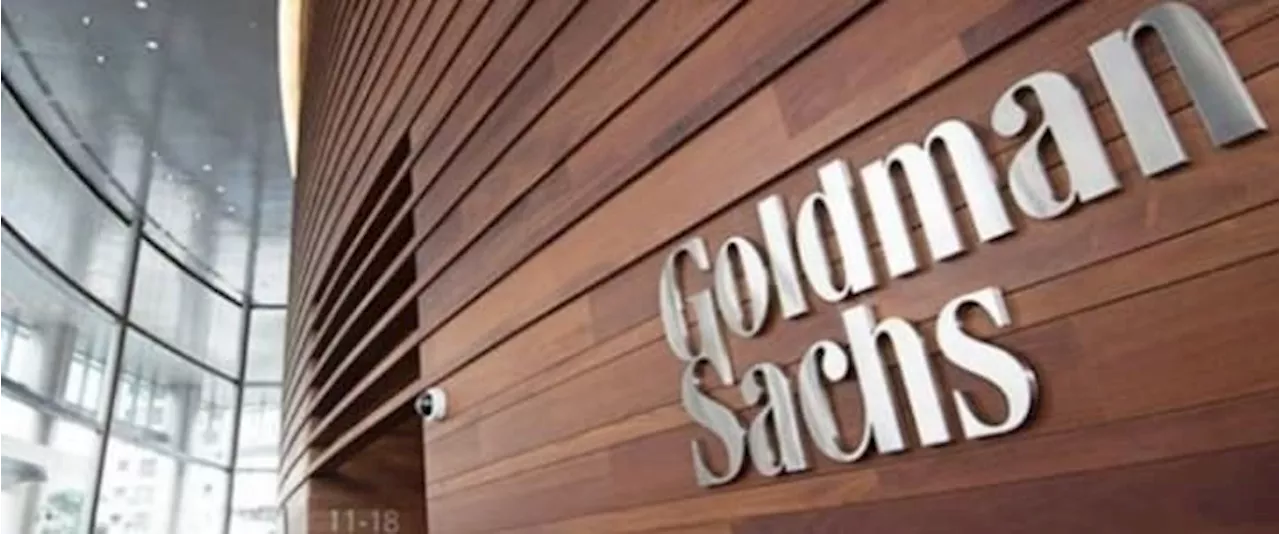 Goldman Sachs: Iran and Russia Sanctions Could Spike Oil Prices to $93 a BarrelGoldman Sachs analysts predict Brent crude prices could temporarily surge to $93 per barrel if sanctions successfully curb oil exports from Iran and Russia by a combined 1 million barrels per day. The bank outlines a scenario where Iran faces persistent supply disruptions while Russia experiences temporary setbacks, tightening global crude markets. Meanwhile, oil prices have fallen for the second consecutive week, but a potential price increase is on the horizon with President Trump’s February 1 deadline for punitive tariffs on Canada and Mexico.
Goldman Sachs: Iran and Russia Sanctions Could Spike Oil Prices to $93 a BarrelGoldman Sachs analysts predict Brent crude prices could temporarily surge to $93 per barrel if sanctions successfully curb oil exports from Iran and Russia by a combined 1 million barrels per day. The bank outlines a scenario where Iran faces persistent supply disruptions while Russia experiences temporary setbacks, tightening global crude markets. Meanwhile, oil prices have fallen for the second consecutive week, but a potential price increase is on the horizon with President Trump’s February 1 deadline for punitive tariffs on Canada and Mexico.
Read more »
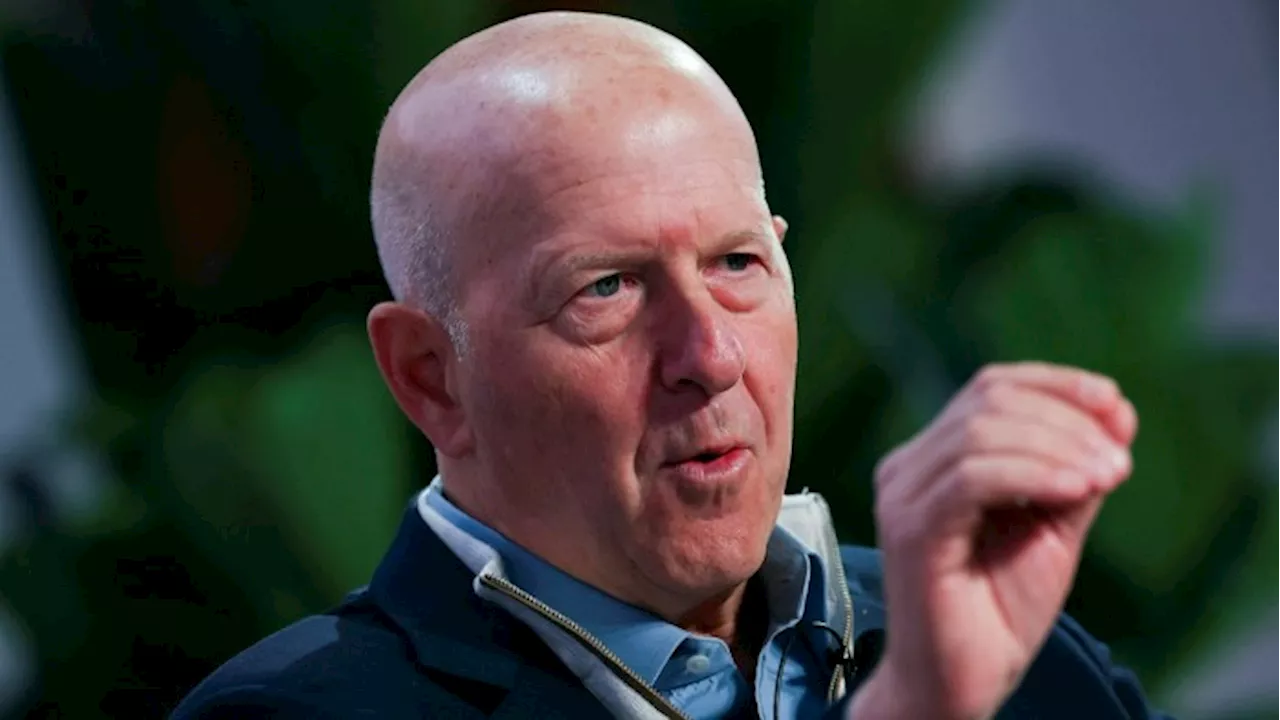 Goldman Sachs Forms New Unit to Focus on Private Credit and EquityGoldman Sachs is creating a new unit, the Capital Solutions Group, to bolster its private credit and equity financing operations. The move aims to address competition from private credit funds and capitalize on the growing demand for alternative investment financing.
Goldman Sachs Forms New Unit to Focus on Private Credit and EquityGoldman Sachs is creating a new unit, the Capital Solutions Group, to bolster its private credit and equity financing operations. The move aims to address competition from private credit funds and capitalize on the growing demand for alternative investment financing.
Read more »
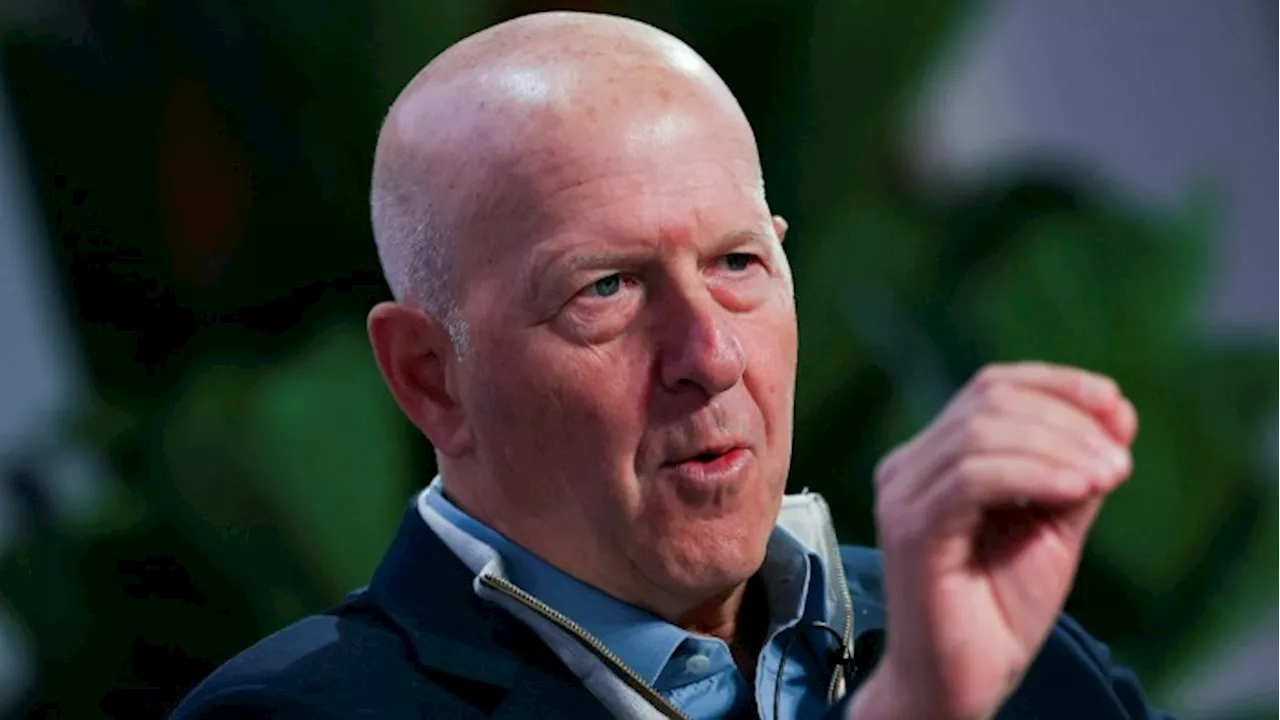 Goldman Sachs Forms New Unit to Capitalize on Private Credit BoomGoldman Sachs is establishing a new Capital Solutions Group to expand its financing operations and compete with the growing influence of private credit funds. The unit will focus on serving private credit and private equity funds, structuring leveraged buyouts and other transactions they finance.
Goldman Sachs Forms New Unit to Capitalize on Private Credit BoomGoldman Sachs is establishing a new Capital Solutions Group to expand its financing operations and compete with the growing influence of private credit funds. The unit will focus on serving private credit and private equity funds, structuring leveraged buyouts and other transactions they finance.
Read more »
 Goldman Sachs CEO Warns of 'Great Caution' Before Going PublicDavid Solomon cautions private companies against rushing to public markets, citing the abundance of capital and liquidity available in the private sector. He highlights the growing trend of large tech companies, like Stripe, OpenAI, and SpaceX, delaying IPOs despite reaching substantial valuations.
Goldman Sachs CEO Warns of 'Great Caution' Before Going PublicDavid Solomon cautions private companies against rushing to public markets, citing the abundance of capital and liquidity available in the private sector. He highlights the growing trend of large tech companies, like Stripe, OpenAI, and SpaceX, delaying IPOs despite reaching substantial valuations.
Read more »
